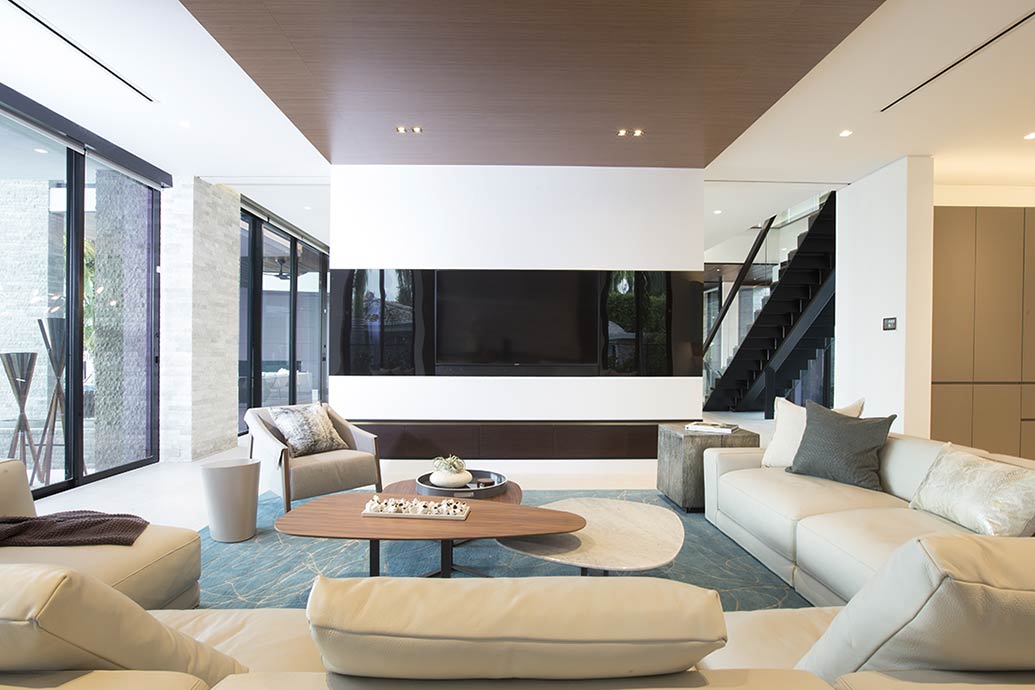
Image Source: Google
Turning a house into a home involves more than just filling it with furniture and decorations. It requires careful planning, a keen eye for design, and expert knowledge of how to make the most of every inch of space. This is where a residential interior designer can make all the difference. By working with a professional designer, you can transform your living space into a place that not only looks beautiful but also functions seamlessly to meet your needs.
The Benefits of Hiring a Residential Interior Designer
Bringing in a residential interior designer to work on your home can have a myriad of benefits that go beyond just aesthetics. Here are some of the key advantages: Refer Link: https://partners-in-design.co.uk/interior-design-bournemouth.
Professional Expertise
- Interior designers have the training and experience to envision and execute design plans that align with your style and needs.
- They stay up-to-date on the latest trends, materials, and technologies that can enhance your home's functionality and visual appeal.
- Designers can provide creative solutions to maximize space and improve the flow of your home.
Save Time and Money
- By working with a designer, you can avoid costly mistakes and make informed decisions that fit your budget.
- Designers have access to a network of suppliers, contractors, and resources, which can help streamline the design and renovation process.
- They can help you prioritize your needs and allocate your budget effectively to achieve the best results.
The Design Process with a Residential Interior Designer
Working with a residential interior designer typically involves a collaborative process that goes through several stages. Here's an overview of what you can expect when hiring a designer:
Initial Consultation
- The designer will meet with you to discuss your goals, style preferences, and budget constraints.
- You can share inspiration photos, floor plans, and any specific requirements you have for your space.
- This initial meeting allows the designer to understand your vision and propose a customized design plan.
Concept Development
- Based on the information gathered during the consultation, the designer will create a concept that includes layout options, color schemes, and material selections.
- You will have the opportunity to provide feedback and collaborate with the designer to refine the design concept.
- Once the concept is finalized, the designer will move forward with detailed drawings and specifications for the project.
Implementation and Project Management
- The designer will work with contractors, vendors, and suppliers to bring the design to life.
- They will oversee the construction and installation process to ensure that the project is completed according to the design plan.
- Throughout the project, the designer will communicate with you regularly to provide updates and address any issues that may arise.
Factors to Consider When Hiring a Residential Interior Designer
Choosing the right designer for your home is a crucial decision that can significantly impact the outcome of your project. Here are some factors to consider when selecting a residential interior designer:
Portfolio and Style
- Review the designer's portfolio to see examples of their work and determine if their style aligns with your own preferences.
- Consider the range of projects they have completed and whether they have experience working on homes similar to yours.
- Ask for references or testimonials from past clients to gauge the designer's reputation and professionalism.
Communication and Collaboration
- Ensure that the designer is receptive to your ideas, feedback, and concerns throughout the design process.
- Clarify expectations regarding timelines, budgets, and project milestones to avoid any misunderstandings later on.
- Establish clear lines of communication and a collaborative working relationship to achieve the best results for your home.
Budget and Fees
- Discuss your budget with the designer upfront and make sure they can work within your financial constraints.
- Ask about their fee structure, including any upfront costs, hourly rates, or percentage fees based on the project's total cost.
- Get a detailed proposal outlining all costs and services included in the design package to avoid any surprises down the line.
Conclusion
A residential interior designer can play a pivotal role in transforming your home into a personalized and functional space that reflects your lifestyle and taste. By leveraging their expertise, creativity, and industry connections, you can elevate your living environment to new heights. Whether you're looking to redesign a single room or undertake a full home renovation, a designer can guide you through the process and help bring your vision to life. Consider hiring a residential interior designer for your next home project and experience the difference they can make.
